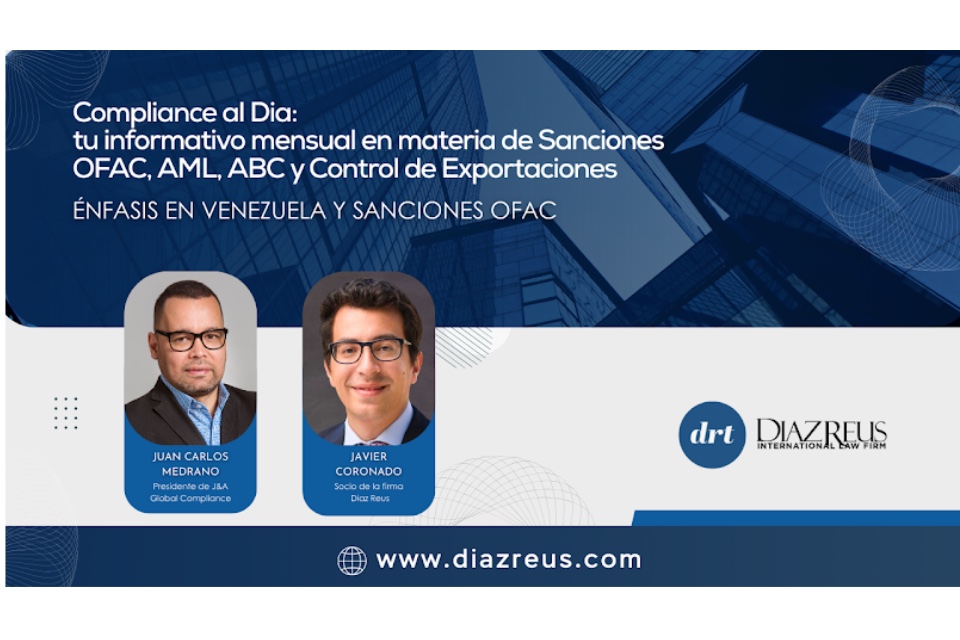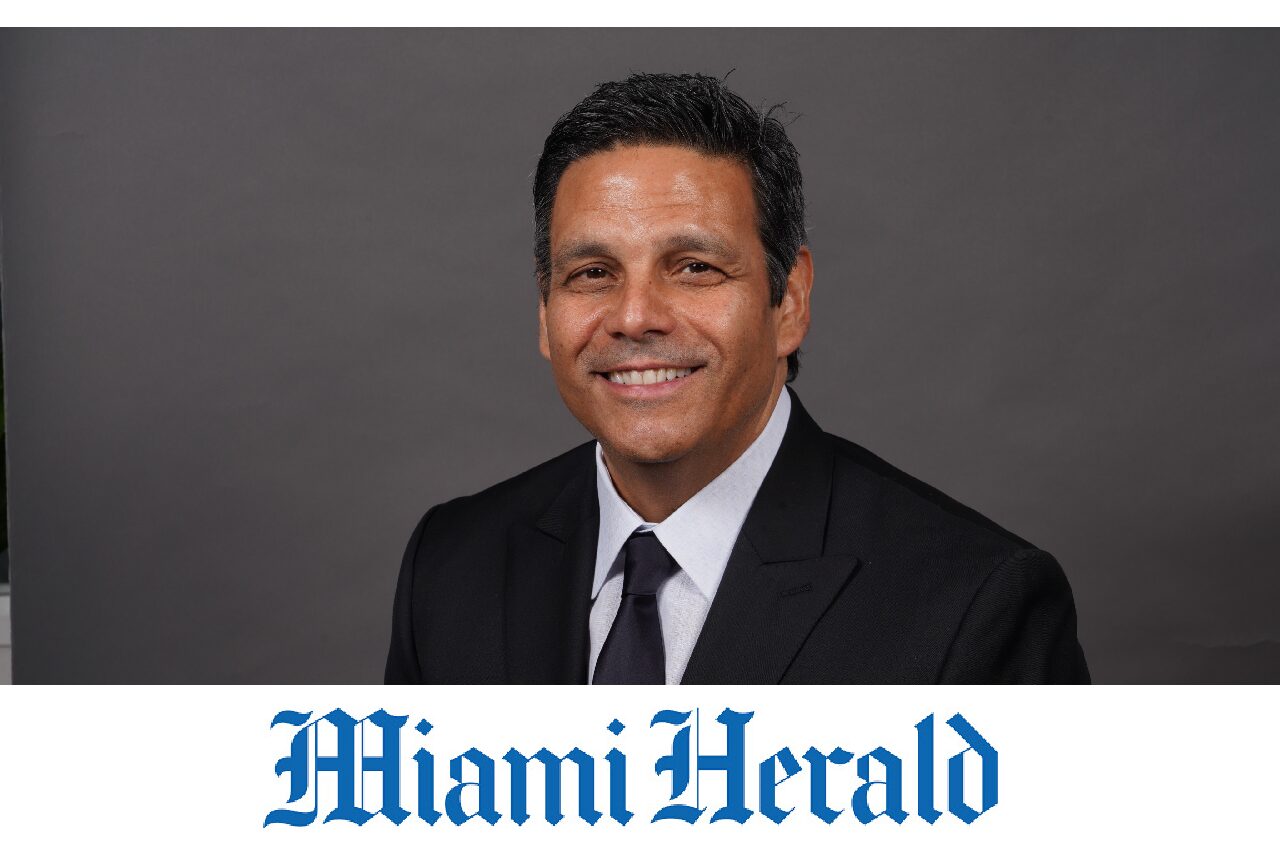By DRT Alliance member Steven A. Horowitz, Esq., and Henry Montag, CFP*
Horrowitz Rubenstein and The TOLI Center East
Long Island N.Y.
Over the past 30 plus years the life insurance industry has evolved and planning with variable life insurance policies has displaced traditional whole life insurance policies for entire segments of the upper income and high net worth marketplace of consumers. The high net worth (HNW) and ultra-high net worth (UHNW) clients in their respective family offices are much more interested in acquiring policies to meet their estate planning and wealth preservation objectives which will enable them to take advantage of a unique life insurance strategy just further enhanced by
§77021 which now allows a larger amount of accumulated cash value to grow and accumulate tax deferred indefinitely in a life insurance policy. This recent change in addition to the full-frontal onslaught that the UHNW client faces as a result of President Biden’s proposed Tax Plan have made Private Placement Life Insurance (PPLI) even more efficient than it was just last year. Equally significant, PPLI offers better pricing, and lower costs due to participants having better health care access, which they in turn pass on to the insured. These factors, in addition to significantly reduced institutional rather than retail commissions, result in a larger cash value buildup, and unlike
their retail counterparts, have no early withdrawal penalties.
Such a strategy also offers the insured access to institutional hedge funds rather than traditional retail mutual funds. The combination of hedge funds, venture capital, and equity markets in a tax deferred insurance company wrapper provides a significant benefit to the insured. What makes it even more meaningful is that the death benefit can pass from one generation to the next, on an income tax free, and estate tax free basis, if set up correctly, providing the most tax efficient and desirable investment returns.














